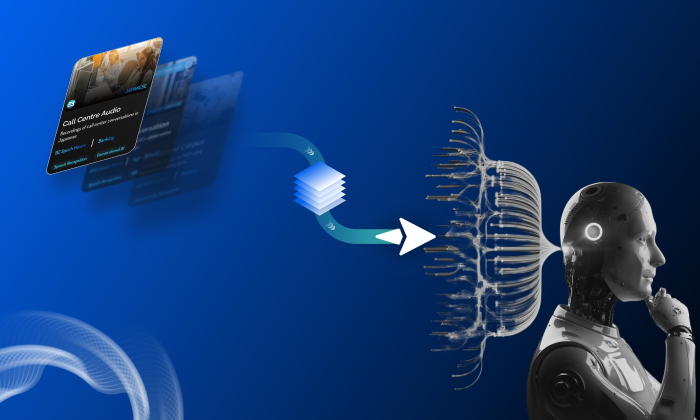What is the difference between open-source and licensed wake word datasets?
Wake Word
Open Source
Licensed Datasets
Voice AI accuracy starts at the data layer. Choosing the right wake-word corpus is critical for developing effective voice recognition models. At FutureBeeAI, we understand the nuances between open-source and licensed wake word datasets and how they impact your AI projects.
What Are Wake Word Datasets?
Wake word datasets comprise audio recordings used to activate voice assistants through specific phrases like "Alexa" or "Hey Google." These datasets are crucial for enabling devices to respond accurately to user commands. These datasets can be categorized as either open-source or licensed.
- Open-Source Datasets: Freely available, these are often community-driven and vary in quality and consistency.
- Licensed Datasets: Offered by companies like FutureBeeAI, these require purchase and provide high-quality audio, diverse speaker demographics, and comprehensive language coverage.
5 Key Factors in Choosing Open-Source or Licensed Corpora
1. Quality and Diversity
- Open-Source: Quality varies widely due to community contributions. This inconsistency can affect model performance, especially in diverse real-world environments.
- Licensed: FutureBeeAI’s licensed datasets are curated for high quality, offering recordings across multiple languages, accents, and speaking styles. We’ve annotated over 2 million utterances across 100 languages, ensuring your model is robust and adaptable.
2. Legal and Ethical Considerations
- Open-Source: While accessible, these datasets can pose legal risks due to unclear licensing and ownership.
- Licensed: With clear usage rights and compliance with GDPR/CCPA, licensed datasets reduce legal risks. FutureBeeAI’s YUGO platform enforces strict consent and data lineage protocols.
3. Cost & Licensing Models
- Open-Source: Cost-effective for prototyping.
- Licensed: Licensed datasets offer options like per-seat or enterprise licenses, ensuring scalability for production.
4. Synthetic & Augmented Data
- Enhance open-source datasets with synthetic data to improve rare-word coverage, ensuring comprehensive model training.
5. Versioning & Governance
- Licensed datasets come with version control and audit trails, crucial for model reproducibility and governance.
Inside Data Collection & Annotation Workflows
- Open-Source Collection: Typically community-driven, these may lack rigorous quality assurance.
- Licensed Collection: At FutureBeeAI, we use YUGO for structured, high-quality data collection. This includes controlled environments and multi-layered QA, ensuring dataset compliance and accuracy.
Real-World Impacts & Use Cases
- Voice Assistants: Licensed datasets enhance detection accuracy across diverse environments, improving user experience.
- Smart Home Devices: Ensure reliable command recognition in noisy settings.
- Automotive Voice Control: Robust datasets improve performance amidst ambient noise, enhancing safety and usability. Explore more in our Automotive solutions.
Overcoming Dataset Pitfalls: Pro Tips
- Evaluate Quality: Look for datasets with detailed metadata and comprehensive diversity metrics.
- Understand Licensing Terms: Ensure alignment with your legal and project needs.
- Prioritize Customization: For unique requirements, consider custom datasets tailored to specific use cases.
FAQ
Q: Can I mix open-source and licensed wake words?
A: Yes, leveraging open-source for prototyping and licensed for production ensures cost efficiency and compliance.
To explore how FutureBeeAI can enhance your AI strategy with tailored datasets, consider reaching out for a consultation or dataset sample. For retail automation projects requiring domain-specific speech data, our collection platform can deliver production-ready datasets in just 2-3 weeks.
What Else Do People Ask?
Related AI Articles
Browse Matching Datasets
Acquiring high-quality AI datasets has never been easier!!!
Get in touch with our AI data expert now!








